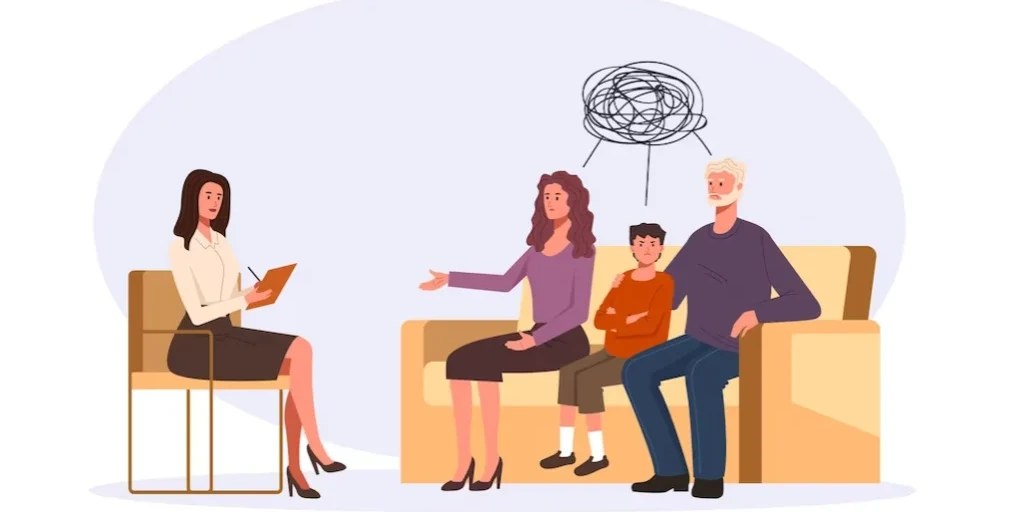24/7 Helpline:
(866) 899-111424/7 Helpline:
(866) 899-1114
Learn more about Eating Disorder Treatment centers in Mason City
Eating Disorder Treatment in Other Cities

Other Insurance Options

Choice Care Network

UnitedHealth Group

BlueCross

Covered California

Humana

WellCare Health Plans

CareSource

Optima

PHCS Network

Self-pay options

Multiplan

Anthem

Evernorth

Meritain

BHS | Behavioral Health Systems

Holman Group

Medical Mutual of Ohio

BlueShield

Excellus

Magellan

Prairie Ridge Integrated Behavioral Healthcare
Prairie Ridge Integrated Behavioral Healthcare offers outpatient and inpatient treatment for individ...

Mercy Medical Center – Mental Health Unit
Mercy Medical Center – Mental Health Unit is a private rehab located in Mason City, Iowa. Mercy Medi...



Adults
Adults is a private rehab located in Mason City, Iowa. Adults specializes in the treatment of alcoho...

AA – Alcoholics Anonymous
AA – Alcoholics Anonymous is a non-profit rehab located in Mason City, Iowa. AA – Alcoholics Anonymo...

Mercy Rehabilitation Services
Mercy Rehabilitation Services is a private rehab located in Mason City, Iowa. Mercy Rehabilitation S...


Recovery Zone
Recovery Zone is a private rehab located in Rock Falls, Illinois. Recovery Zone specializes in the t...





































































































